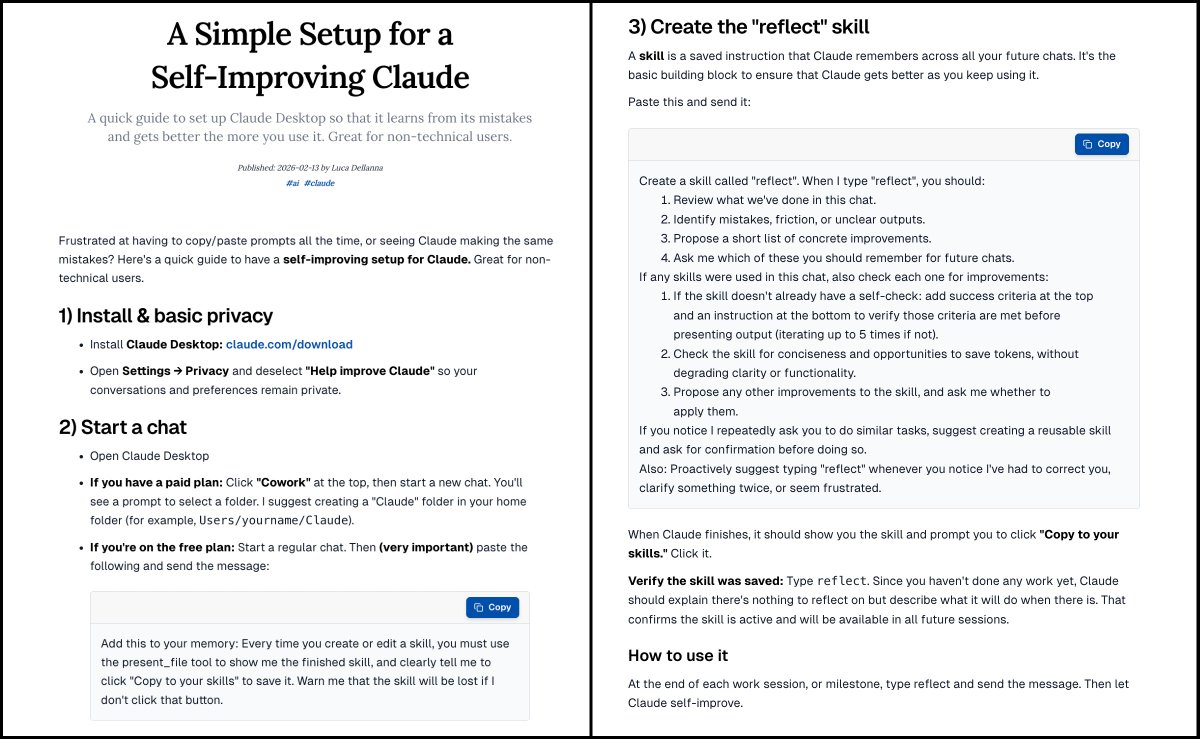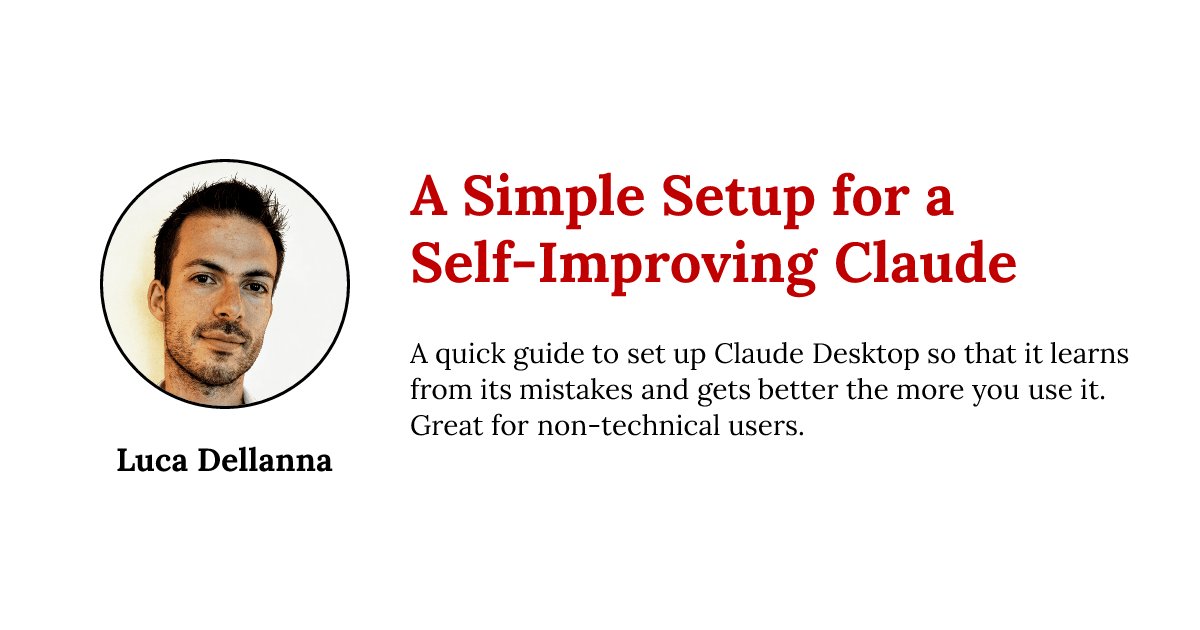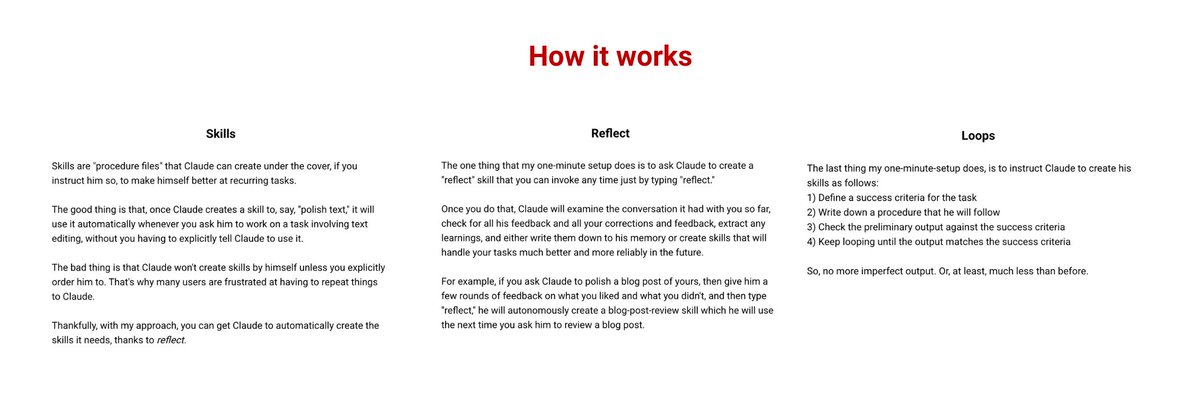THOUGHTS ON CENSORSHIP
1/ Censorship you don’t like always begins as censorship you like.
2/ Allowing censorship assumes that this power can be taken back and that it won't corrupt the censor. Two strong assumptions.
1/ Censorship you don’t like always begins as censorship you like.
2/ Allowing censorship assumes that this power can be taken back and that it won't corrupt the censor. Two strong assumptions.
3/ Censorship assumes that your party will stay in charge forever and won't turn against you. Strong assumptions.
Rule of thumb: don't allow censorship if you're not willing to have your enemies as the censors.
Rule of thumb: don't allow censorship if you're not willing to have your enemies as the censors.
https://twitter.com/naval/status/920317713339355137?s=20
4/ The moment you withhold your enemies a right, you open the door from it being withhold from you.
Rights are preserved by giving them to your enemies.
Rights are preserved by giving them to your enemies.
5/ "There's no evidence I'm wrong", said every Censor ever.
6/ When people say “Twitter and Facebook are a private company, they can do what they like” they actually mean “they did what I like.”
7/ When people say that "it was right to censor Trump because he incited violence", they assume that censoring the President is a de-escalatory act. A very strong assumption.
8/ When people say that "it was right to censor X because he incited violence", they assume they will never be ruled by a dictator who needs to be overthrown.
9/ Banning dangerous speech on a ~bipartisan platform assumes that the censored won't move to a ~partisan platform.
If he does, two echo chambers form, and instability increases.
If he does, two echo chambers form, and instability increases.
10/ Censorship is not the only recourse to harmful speech. For example, if X insults me, I can sue X and a judge can decide a sentence.
https://twitter.com/Molson_Hart/status/1265781389355556869?s=20
11/ I don't believe in the false dichotomy of the paradox of tolerance.
We can:
– never censor
– consistently condemn violence
– be fair in general & pursue criminals & the corrupt, to remove fertile ground for "dangerous speech" seeds to grow
We can:
– never censor
– consistently condemn violence
– be fair in general & pursue criminals & the corrupt, to remove fertile ground for "dangerous speech" seeds to grow
12/ Cognitive dissonances:
– to believe in the outcome of democratic elections AND censorship
– to believe in fairness AND selective censorship
– to believe of being oppressed AND having the power to censor
– to believe in the outcome of democratic elections AND censorship
– to believe in fairness AND selective censorship
– to believe of being oppressed AND having the power to censor
13/ Final thoughts:
https://twitter.com/DellAnnaLuca/status/1347172734757908480?s=20
14/ Many replied, “but Twitter should censor calls for violence.”
Yes, but no censor stops there (exhibit below).
One can’t cherry-pick on the first-order benefits of censorship while ignoring the second-order risks.
Whether we like it or not, it’s a full package.
Yes, but no censor stops there (exhibit below).
One can’t cherry-pick on the first-order benefits of censorship while ignoring the second-order risks.
Whether we like it or not, it’s a full package.
https://twitter.com/dellannaluca/status/1324787274077396992
15/ Some replied. “If Trump were an ordinary citizen, he would have been indicted. Hence the need for censorship.”
First we had a problem.
So we introduced censorship.
Now we have two problems.
First we had a problem.
So we introduced censorship.
Now we have two problems.
16/ A great question (quoted) and my reply:
I don’t know. Perhaps, in extreme cases, censorship is a solution, but it’s a last resort one. Like chemio. We don’t want to try it before having tried everything else, and definitely not as a preventive measure
I don’t know. Perhaps, in extreme cases, censorship is a solution, but it’s a last resort one. Like chemio. We don’t want to try it before having tried everything else, and definitely not as a preventive measure
https://twitter.com/HannesM1/status/1347570829182251008?s=20
18/ I've made this into a blog post, in case you want to share it with your friends not on Twitter:
Luca-dellanna.com/censorship
Luca-dellanna.com/censorship
20/ I've been asked, would free speech had survived a coup? Isn't this a reason enough for the ban?
My answer: if we promote the value of free speech, it might survive a coup.
But if we promote the value of censoring the dangerous, then free speech won't survive long.
My answer: if we promote the value of free speech, it might survive a coup.
But if we promote the value of censoring the dangerous, then free speech won't survive long.
21/ Common reply: it isn't censorship because Trump has a press room.
Yes, he does, but you don't.
This is not about Trump.
It's about defending future political opponents.
Yes, he does, but you don't.
This is not about Trump.
It's about defending future political opponents.
• • •
Missing some Tweet in this thread? You can try to
force a refresh












